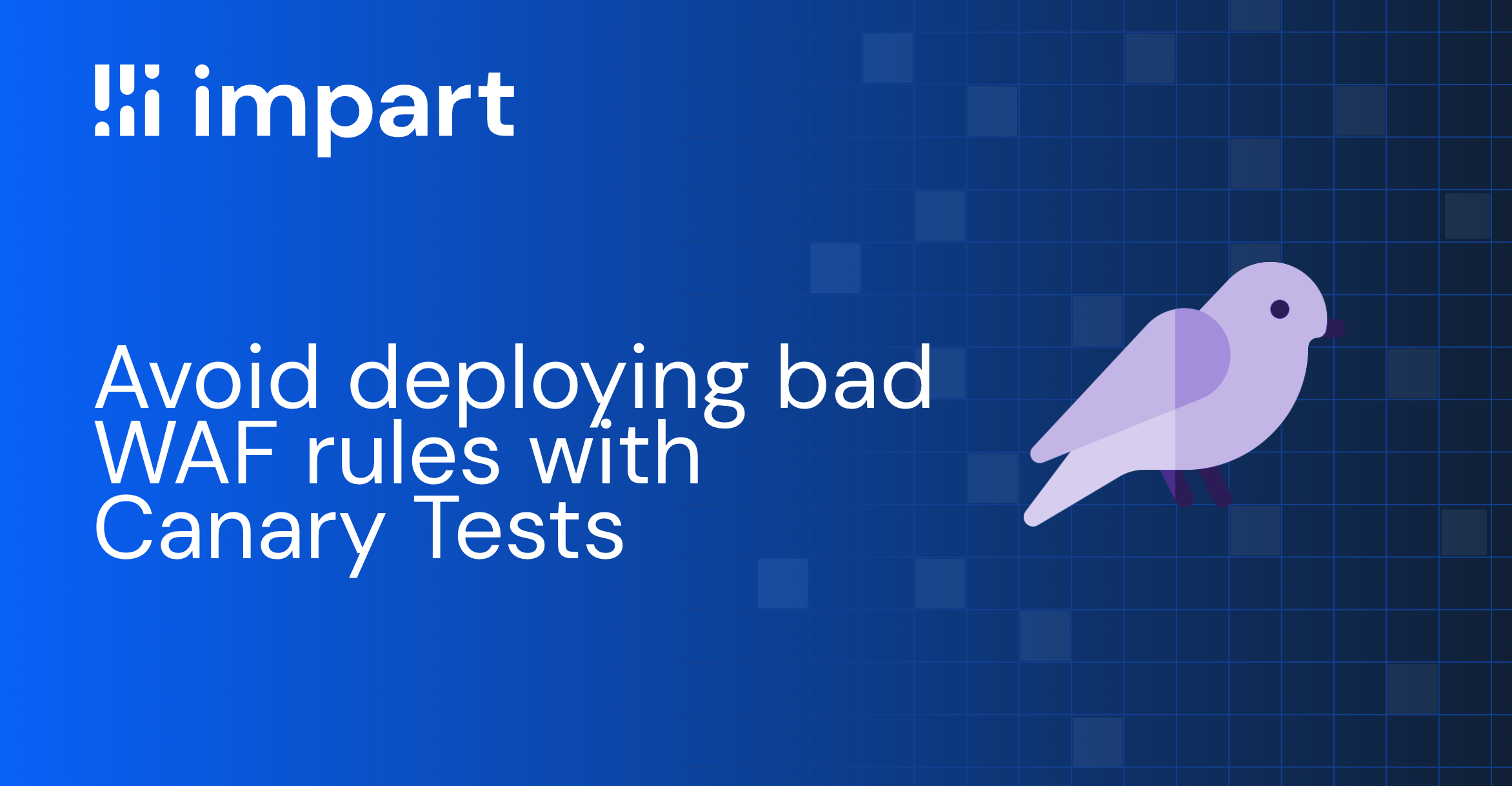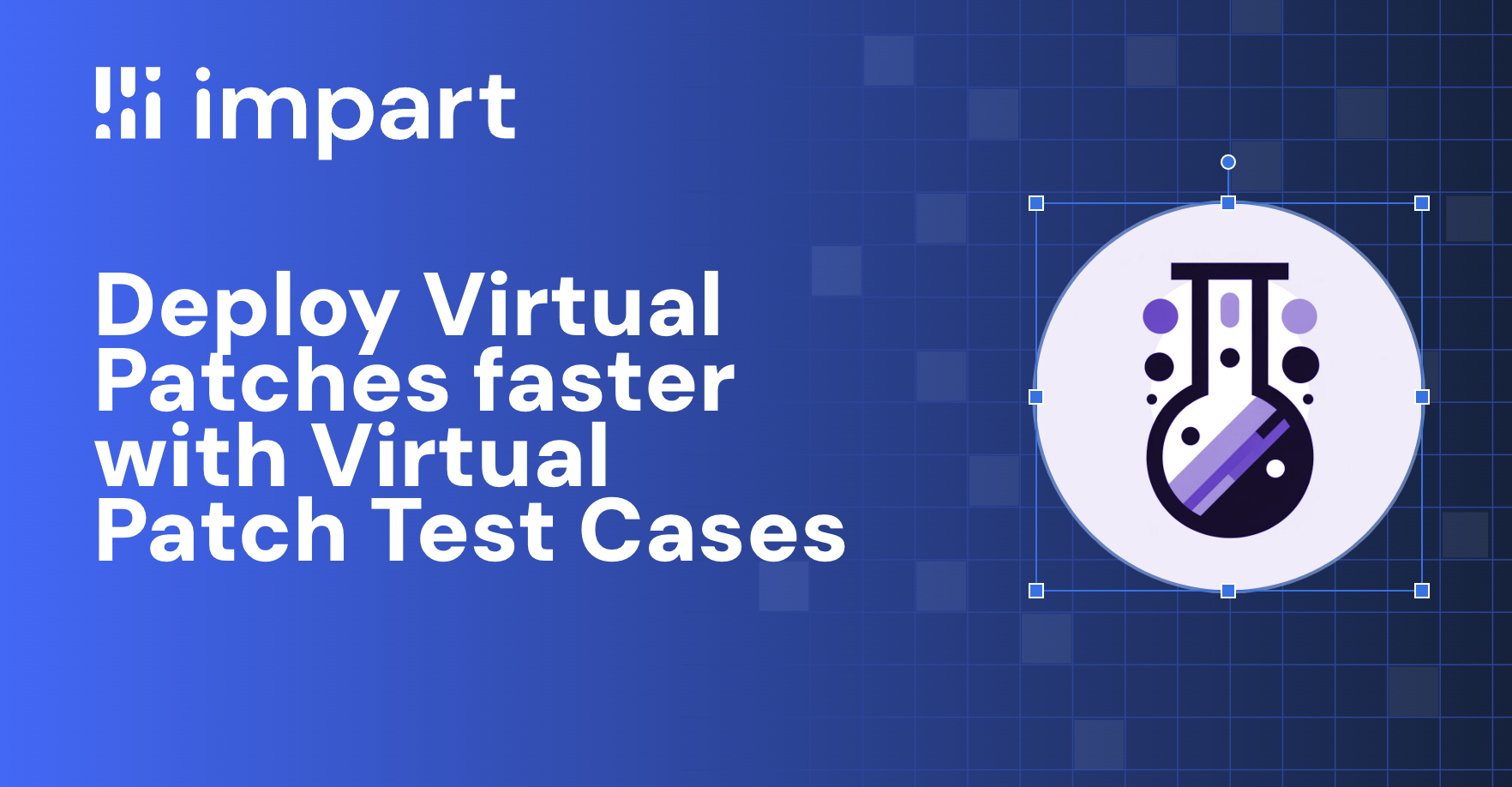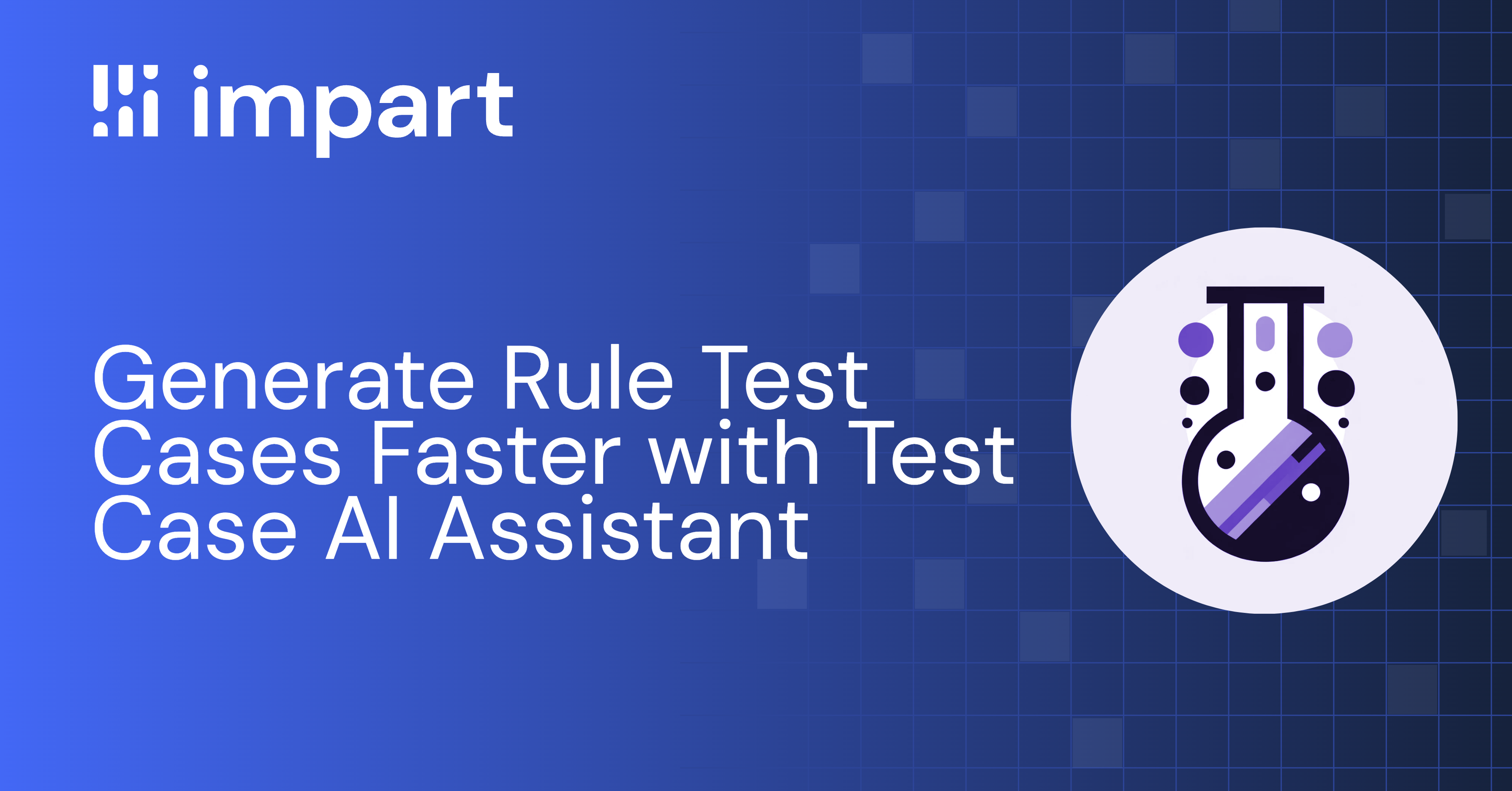Impart and Chill Blog


.jpg)
Impart Product Update - Oct 2025
This month, we’ve released major upgrades that give security teams tighter control over exception handling, better visibility into API data exposure, and smoother day-to-day navigation across Impart. These enhancements help teams reduce risk faster—without slowing down delivery.
Thank you! Your submission has been received!
Oops! Something went wrong while submitting the form.
Filter 1
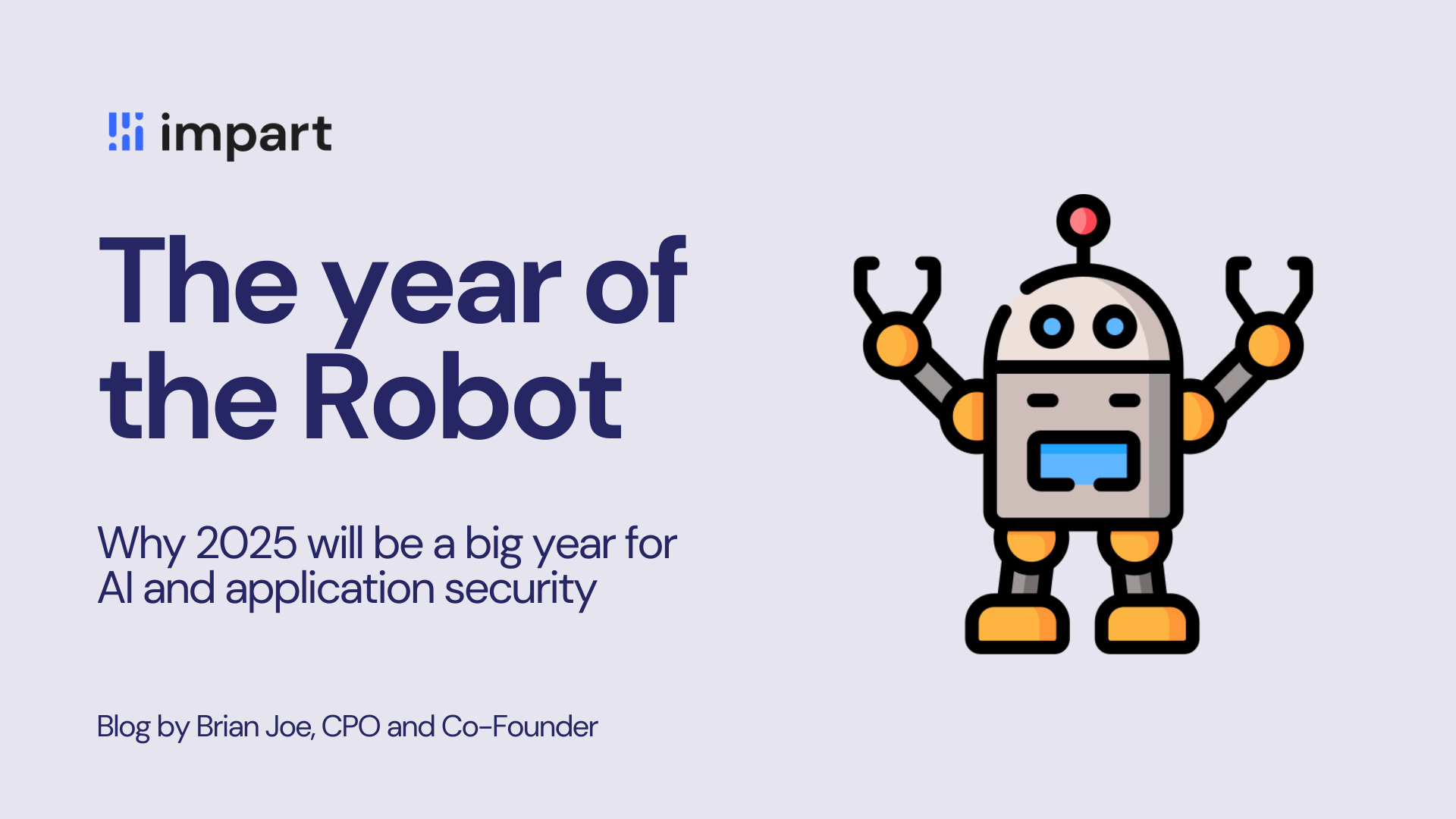
The year of the robot
2025 will be the year of the futurist. I never thought that I'd be writing a blog post about AI and robotics at this point in my career, but technology has advanced so much in the lat 12 months setting up 2025 to be a landmark year in terms of the tech industry. Self driving cars, robots, AGI - these are all things that have a realistic chance of shipping this year which is super exciting for me as a futurist. That said, Advances in artificial intelligence (AI) agent technology, robotics, and APIs are transforming the way we live and work, but they also present new challenges for web application and API security. Traditional Web Application Firewalls (WAFs) are going to struggle to keep pace with these changes, leading to the rise of API Native WAFs and WAF Agents as superior solutions. This article will explore the new threats to WAFs in 2025.

How eBPF is changing appsec
What happens when cutting-edge technology meets the reality of securing modern applications? That’s the question our expert panel tackled in this conversation on how eBPF is reshaping application security. Moderated by Katie Norton of IDC, the discussion featured Brian Joe (Impart Security), Francesco Cipollone (Phoenix Security), and Daniel Pacak (cloud-native security consultant), who brought insights from across the security landscape.Starting with eBPF’s roots in network traffic filtering, the panel explored its evolution into a powerful tool for observability and, potentially, security. Along the way, they challenged the hype, highlighted its real-world applications, and didn’t shy away from its limitations. This wasn’t just a tech talk—it was a deep dive into what eBPF can actually deliver and where the industry still needs to innovate.
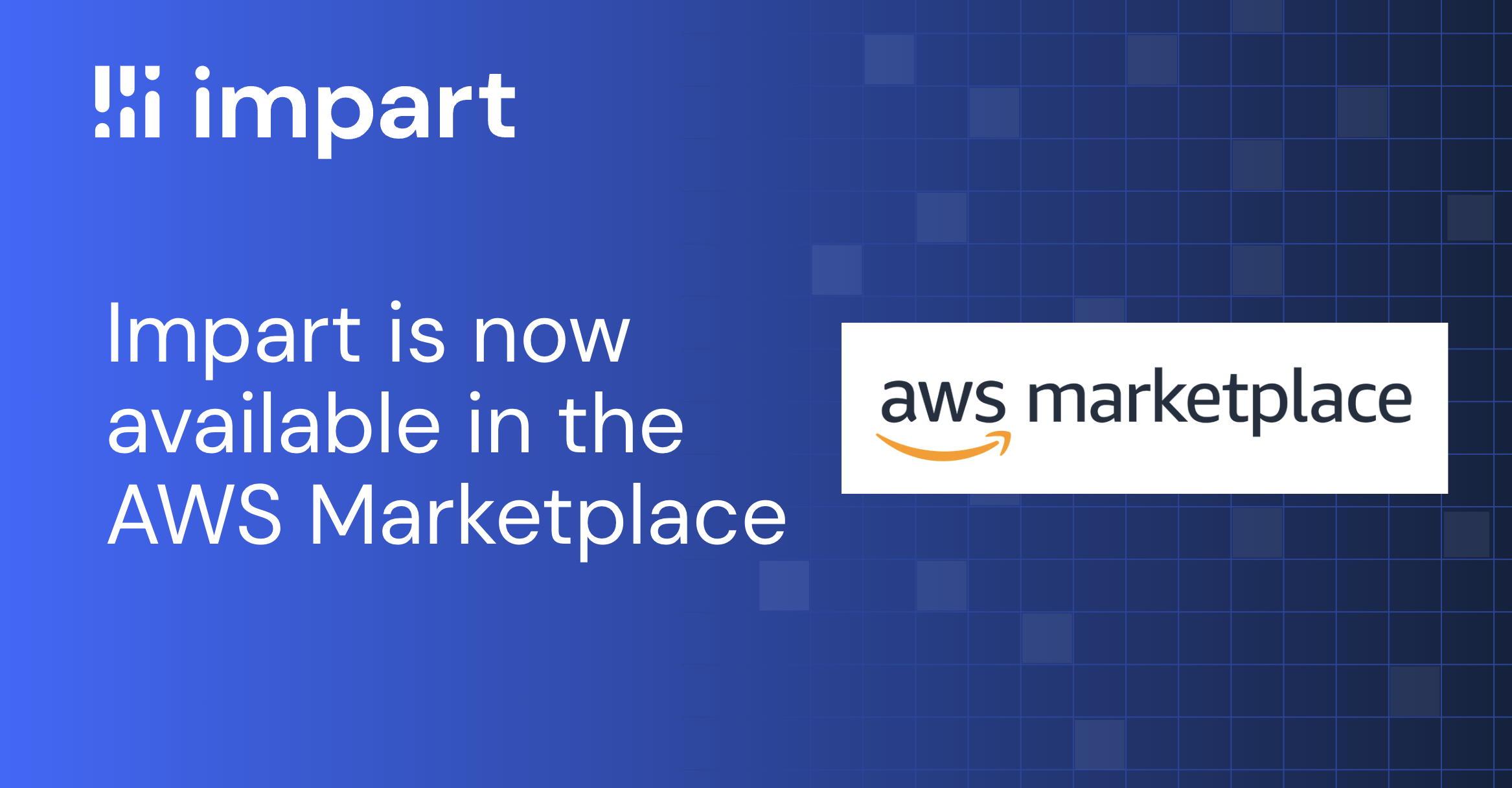
Impart is now available in the AWS Marketplace
Impart Security Partnership with AWSToday, we are thrilled to announce our partnership with AWS. This collaboration brings together Impart’s advanced API security capabilities with AWS’s unmatched global scale, performance, and cloud services portfolio.Native Integration with AWS for Seamless SecurityImpart Security and AWS share a vision of enabling organizations to build, deploy, and secure modern applications with confidence. With this partnership, customers can leverage Impart Security’s robust WAF and API protection directly integrated with AWS cloud services. This ensures a streamlined experience, optimal performance, and enterprise-grade security for any application, whether it’s hosted on-premises, in hybrid environments, or across multiple public clouds.

Test Firewall Rules Instantly with Rule Test Assertions
Impart is excited to introduce Rule Test Assertions—a powerful tool for security engineers to develop and validate firewall rules with precision. Rule Test Assertions allow you to specify conditions, such as ensuring a request is blocked or an attack payload is flagged, and evaluate these conditions during rule regression testing before production deployment.
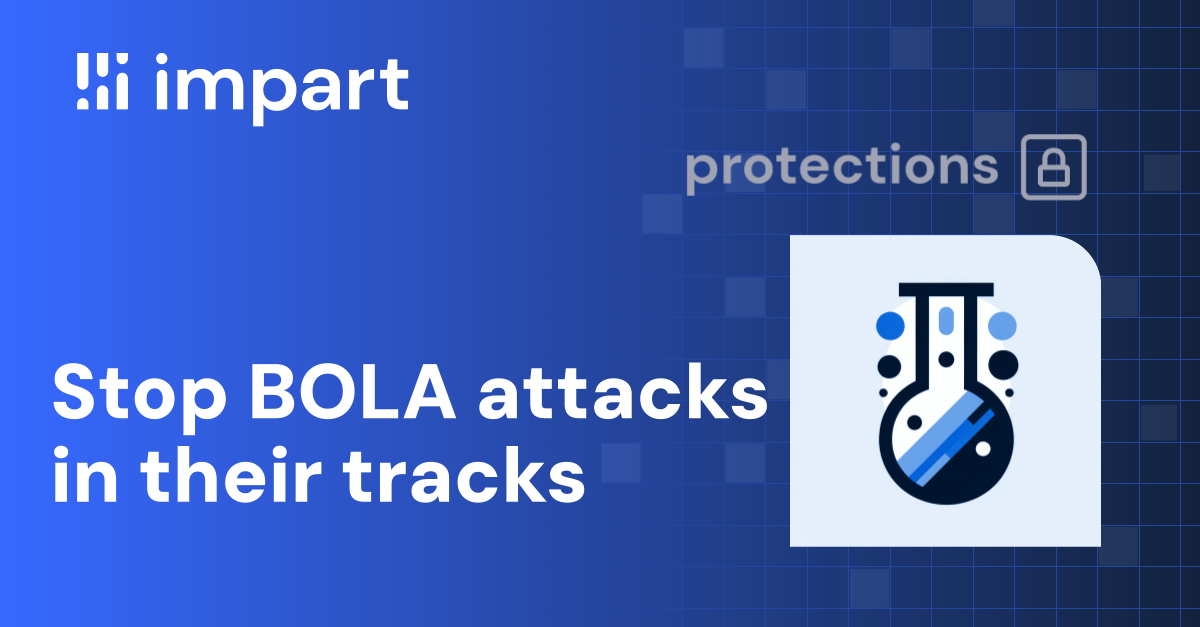
Stop BOLA exploits in their tracks
Broken Object Level Authorization (BOLA) is a common vulnerability found in APIs, ranking as one of the Top 10 API Security Threats. BOLA occurs when an API fails to properly verify if users are authorized to access certain data, leading to unauthorized exposure or manipulation of sensitive information. These vulnerabilities are often tied to business logic abuse and can pose significant risks to organizations. With Impart's BOLA Protection, security teams can detect and stop BOLA exploitation attempts before they cause damage. Our solution ensures robust authorization mechanisms, helping you safeguard your APIs from unauthorized access and abuse.
.svg)
